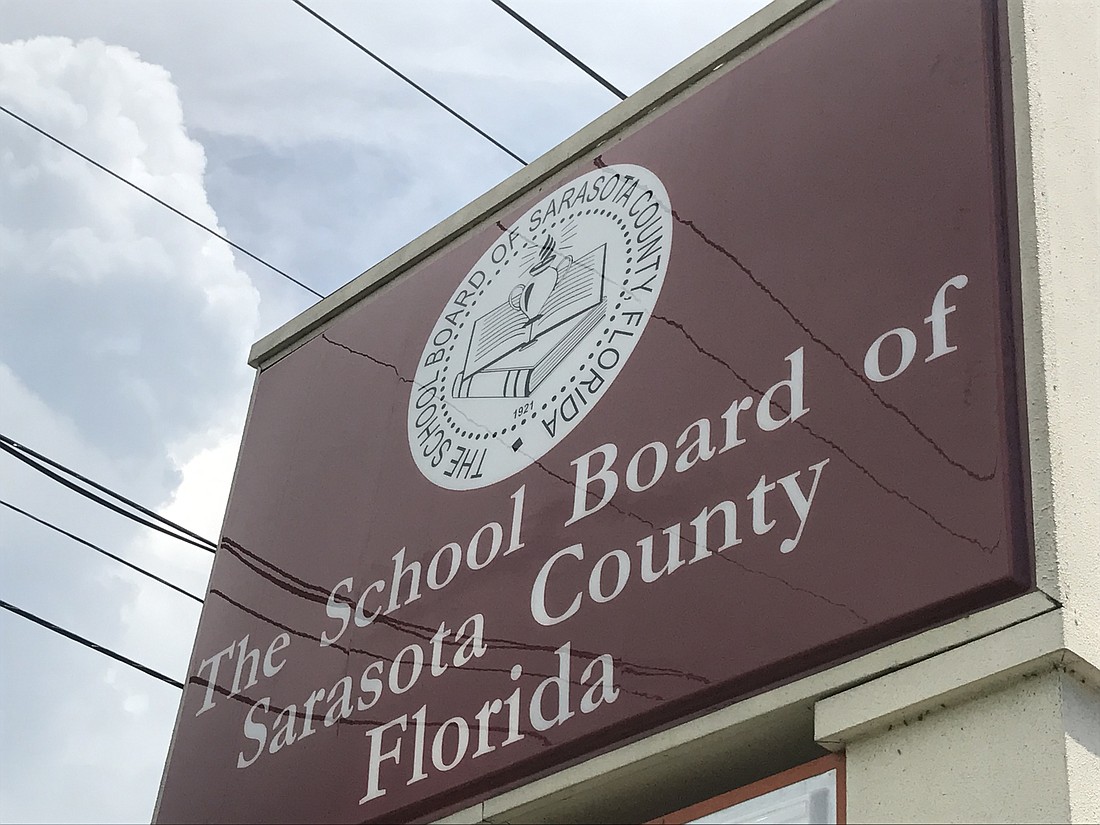- May 4, 2024
-
-
Loading

Loading

Today, the Sarasota County School Board will vote on whether or not to keep the referendum that allocates about $50 million in property taxes to the district each year on a special-election cycle, or move it to a general election.
Every four years since 2002, the Sarasota County School Board has asked voters to levy an additional 1 mill of property taxes to support the operating budget of the school district. Every four years, voters have approved it.
However, the conversation is once again turning to the way the tax is put to the voters — through a special election, which costs the district hundreds of thousands of dollars each year.
This year, the county’s legislative delegation sent a letter to the School Board, asking it to move the referendum to a cycle that would allow it to be voted on in general elections, starting with 2020.
“...the Sarasota County Legislative Delegation, and indeed the state legislature, is deeply concerned over the unnecessary use of taxpayer funds,” the letter stated.
The referendum brings approximately $50 million to the district each year, depending on property values. The special election costs anywhere from $200,000-$450,000 to put on, according to records from the district, totalling more than $1 million since 2002.
School Board member Jane Goodwin said in 2013 that a special election is the best way to engage the population and put the focus on the referendum.
“We don’t want anything standing in the way of good dialogue with the community,” she said.
In the March 2014 special election vote over the referendum, about 45,000 people voted on the issue from 99 precincts. In contrast, in the November 2014 general election, between 100,000 to 150,000 people voted on issues that affected all 99 precincts.
But some board members are concerned adding the measure to a general election ballot would make it easier for people to gloss over the referendum.
“We can tell the community what we do for our schools, not fight with everybody else on the ballot,” said board member Shirley Brown at a September workshop.
Despite that idea, others on the board still think it would fare well in a general election.
“Let it stand on its own merit,” said Bridget Ziegler. “We undermine the credibility of it by putting it on a special election.”
The board will vote on language for the referendum voters will consider in a 2018 special election, and whether that will set the next millage four years. Setting it for three years would allow for voter consideration in the next general election, in 2020. Setting it for four years would keep it on the special election cycle.